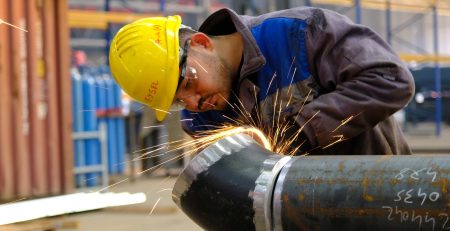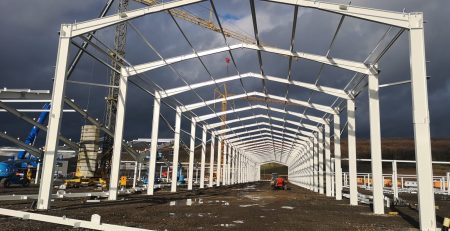Prefab construction is redefining how industries approach building projects. With faster timelines, reduced costs, and improved sustainability, prefabricated solutions are becoming the go-to choice for businesses that value efficiency and performance.
1. Faster Project Delivery
Traditional construction can be slow and subject to delays. Prefab construction, on the other hand, streamlines the process:
- Off-site manufacturing
- Parallel site preparation
- Quick on-site assembly
This means projects are completed in a fraction of the time, allowing businesses to launch or expand operations sooner.
2. Cost-Effective Building Solutions
Prefab systems significantly reduce:
- Labor costs
- Construction waste
- On-site rework
- Extended financing burdens
For businesses, this translates into better ROI and controlled budgeting from day one.
3. Consistent Quality and Precision
Factory-controlled environments ensure precision engineering, consistent quality, and adherence to standards. Unlike traditional builds, prefab structures are less affected by weather, human error, and supply chain delays.
4. Scalability and Flexibility
Prefab construction supports:
- Modular expansion
- Relocatable structures
- Easy upgrades or modifications
This is particularly valuable in industries where growth and adaptability are critical.
5. Sustainability and Environmental Responsibility
Prefab construction supports green initiatives by:
- Reducing material waste
- Using recyclable steel and materials
- Lowering energy usage during production and installation
Sustainable buildings are not only environmentally responsible but also help companies meet ESG and compliance goals.
Conclusion
For modern businesses, prefab construction offers an unmatched combination of speed, quality, and adaptability. It’s not just a construction method — it’s a strategic advantage for industrial and commercial growth.



